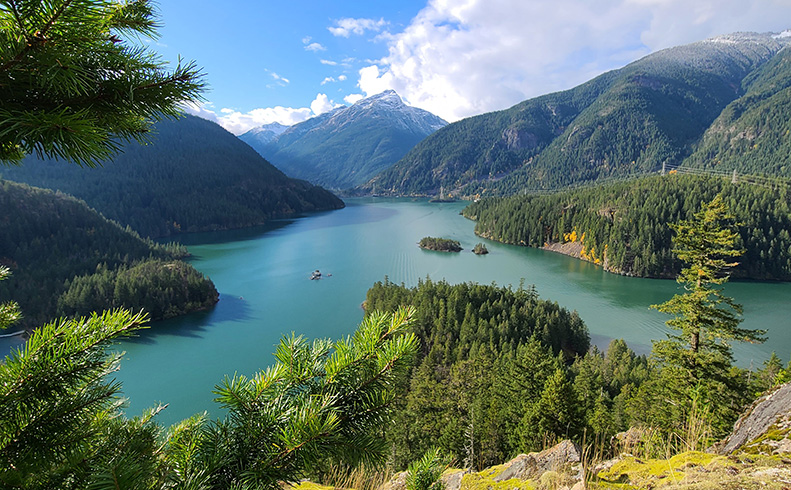
2025 Fall Gathering

Event Details
Join us for a friendly autumnal gathering and overnight stay at the North Cascades Environmental Learning Center, Saturday, September 13 to Sunday, September 14. Enjoy mingling with long-time and new Institute supporters and staff and appreciate the signs of fall on Diablo Lake.
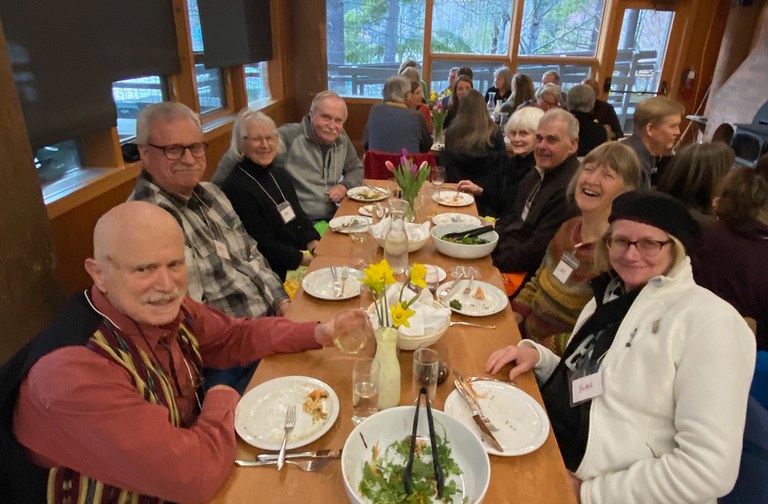
Together we'll share appetizers, beer & wine, and a buffet dinner Saturday night. After our bellies are full, we'll settle in for a presentation by local author and biologist Thor Hanson.
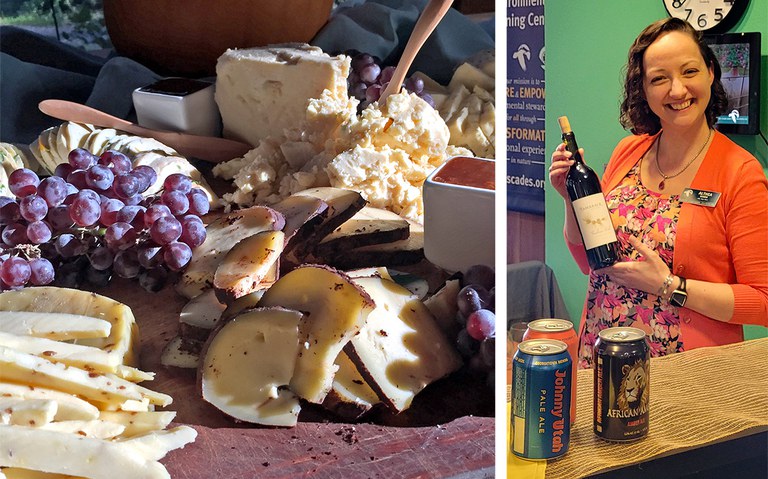
Thor is a Guggenheim Fellow and winner of the John Burroughs Medal, and he’ll share from his latest book Close to Home - a hands-on natural history for any patch of Earth, combining story, science, and suggestions into one ultimate neighborhood field guide.

On Sunday, enjoy a delicious breakfast, then pack a brown-bag lunch to take away for later in the day. Our staff naturalists will also lead a unique outdoor activity on Sunday morning, and depending on the weather, group interests and abilities, this could include a guided hike to the waterfall or canoeing on Diablo Lake. They can also recommend a local trail for you to explore on your own.
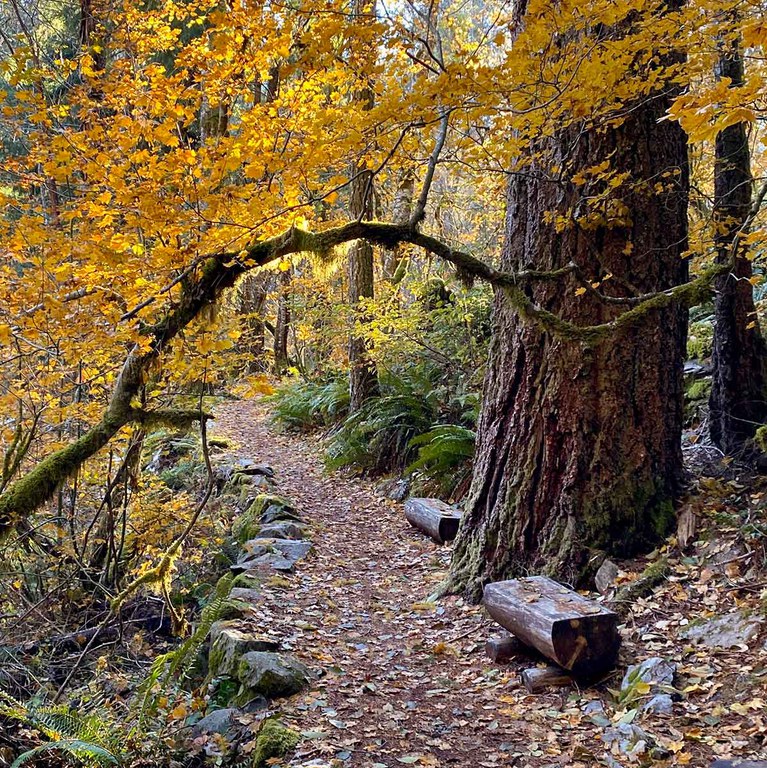
Additionally, you may choose to register for a Diablo Lake Fall Morning Cruise (10:45 am) or Afternoon Cruise (2:35 pm) with Skagit Tours ($30-35). Find more details about Skagit Tours here.
* "Cost with no lodging" option is a commuter rate and includes dinner and the presentation on Saturday.
About Thor Hanson’s new book Close to Home
Close to Home takes a magnifying glass to the yards, gardens, and parks we already know and shows the hidden wonders that lie in plain sight – if you know how to look for them. With a skilled and enthusiastic eye, Hanson shows the range of natural features and systems that thrive all around us.
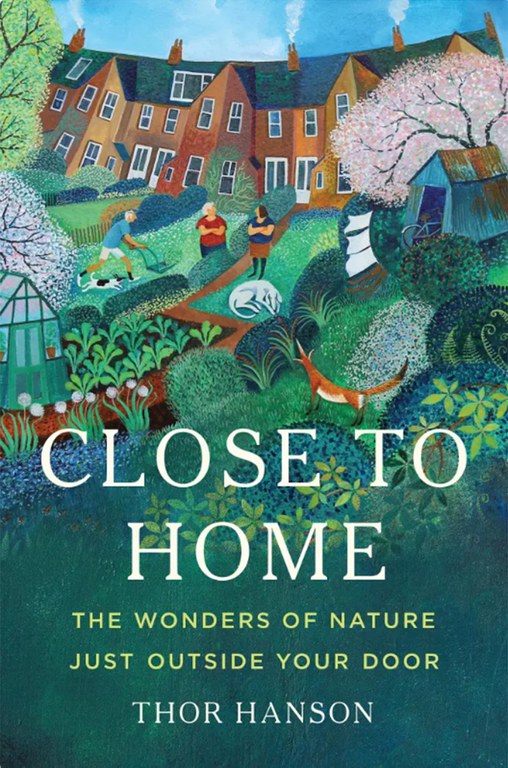
Close to Home is a hands-on natural history for any patch of Earth, combining story, science, and suggestions into one ultimate neighborhood field guide. Whether compelled by the urge to understand the health of our planet, by wanting tools to contribute to our local ecosystems, or just by simple critter curiosity — the opportunity to explore and learn lives right next door.

